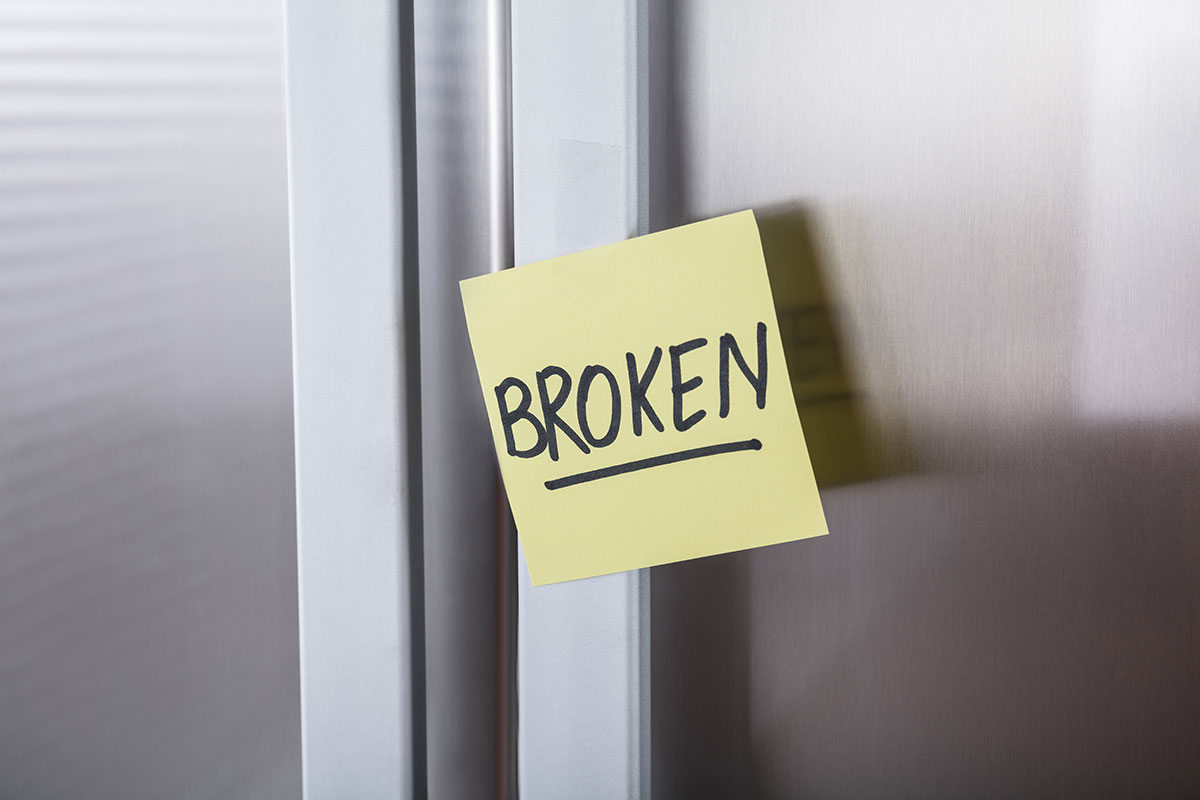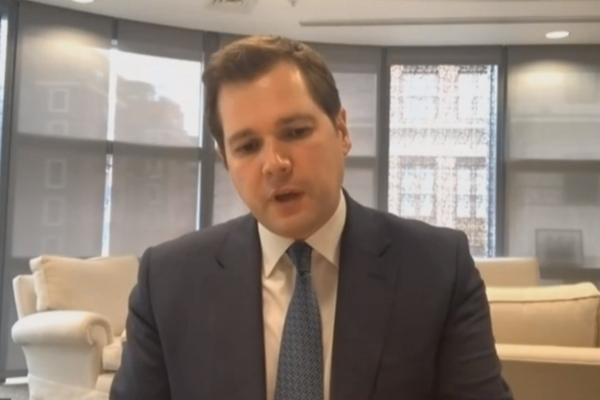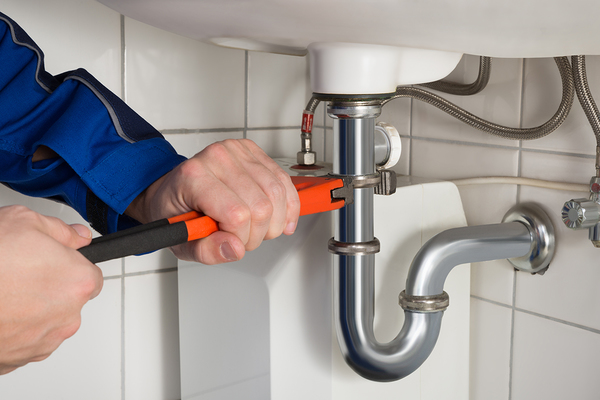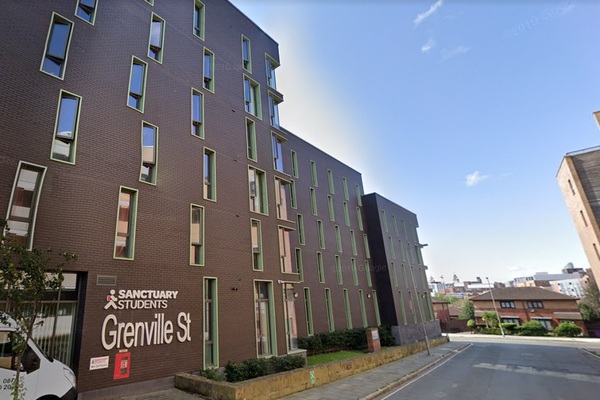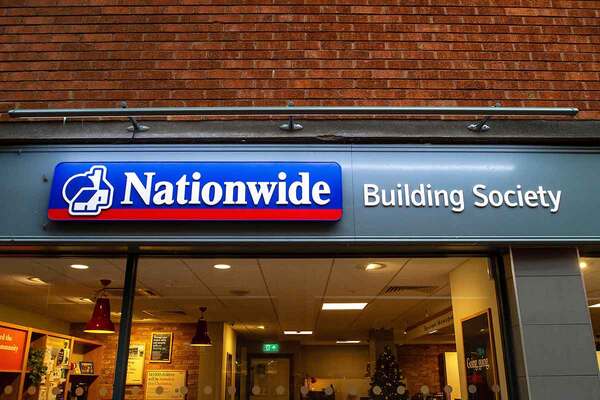You are viewing 1 of your 1 free articles
How to deal with disrepair claims during lockdown
Claims management companies are pursuing tenant disrepair claims when it is more difficult for housing associations to dispute them. Matthew Wilson offers some solutions
The UK is in lockdown and government guidelines stipulate that only urgent property repair work should take place.
Yet, to protect their income, claims management companies (CMCs) and the solicitors they work with are continuing to pursue tenant disrepair claims regardless.
It is fair and well understood that tenants may be entitled to compensation if a reported instance of disrepair isn’t remedied by their landlord in good time.
However, for some time now, CMCs have been targeting tenants – particularly those of social housing providers – with aggressive marketing tactics, encouraging them to make often baseless claims that are then sold on to claimant firms.
This strategy is designed to lower housing associations’ defences by overwhelming them with multiple claims. During a period of government-mandated lockdown, the tactic takes on an even more problematic dimension.
Stay at home orders are in place to protect public safety, but CMCs don’t recognise the impact restrictions have on the claims process.
In the three weeks following the UK entering lockdown on 23 March, one of my clients received eight disrepair claims – the same number it received in the first three weeks of March.
Having the opportunity to investigate, in person, whether repair work is actually needed is an essential right of housing associations faced with such claims.
In this climate, unnecessary investigations put housing associations, tenants, surveyors and contractors at greater risk.
Some independent surveyors are still willing to visit properties and investigate claims on behalf of CMCs.
But when this isn’t possible, we’re seeing claimant solicitors employ increasingly outlandish tactics. One firm we’re aware of suggested claimant tenants could provide their own evidence using a mobile phone – something that would be dismissed out of hand if the disrepair claim ever reached a courtroom.
Normally, housing associations must send proposals for completing repairs within 20 working days of receiving a valid claim or the report of an independent expert.
For now, if the repairs are not safety critical, our housing association clients are following government guidelines on accessing properties, which counsel a pragmatic, commonsense approach to non-urgent issues.
At the moment, providers can’t conduct their own investigations and – while the length of our period in lockdown is unclear – nor can they confirm when they’ll be able to start repair works.
Even when lockdown ends, providing airtight proposals within 20 days while working through a backlog of claims is going to be challenging.
“In this climate, unnecessary investigations put housing associations, tenants, surveyors and contractors at greater risk”
Claimant solicitors, however, are still chasing providers to confirm timescales for works and threatening legal action if they don’t comply. Although whether they will actually take this step is unclear.
Most courts would take a dim view, or even penalise tenants for seeking legal action against housing providers in this context.
And that takes us to the heart of the matter – that CMCs and claimant solicitors’ actions are ultimately driven by commercial gain. Inundating providers keeps the meter running in the short term and, in some cases, could cause providers to settle cases prematurely, without a thorough investigation.
So, what should housing providers do?
First, they should revisit what repairs they classify as ‘urgent’ following the latest government guidance.
Only dealing with emergency or safety critical repairs could reduce the scope of claims CMCs can legitimately make and, more importantly, help providers focus on repairing any defects that pose an immediate danger to tenants.
“Inundating providers keeps the meter running in the short term and, in some cases, could cause providers to settle cases prematurely, without a thorough investigation”
Any repairs that are needed will prompt a risk assessment that minimises the risk of contagion for tenants, contractors on site, tenants and housing association employees.
Given the differing nature of potential repair work and variances in property size and location, these plans cannot be one-size-fits-all.
Communication is also key. Providers should proactively reach out to tenants, particularly to those who are vulnerable, to explain the impact of government restrictions.
If tenants know urgent repairs are still taking place and their landlord has their safety front of mind during this unprecedented time, the advances of CMCs could lose their appeal.
Matthew Wilson, principle associate, Weightmans
